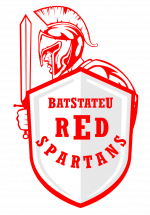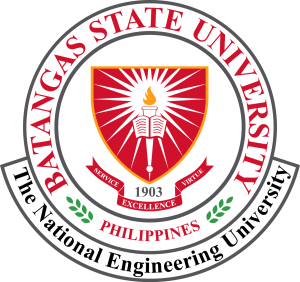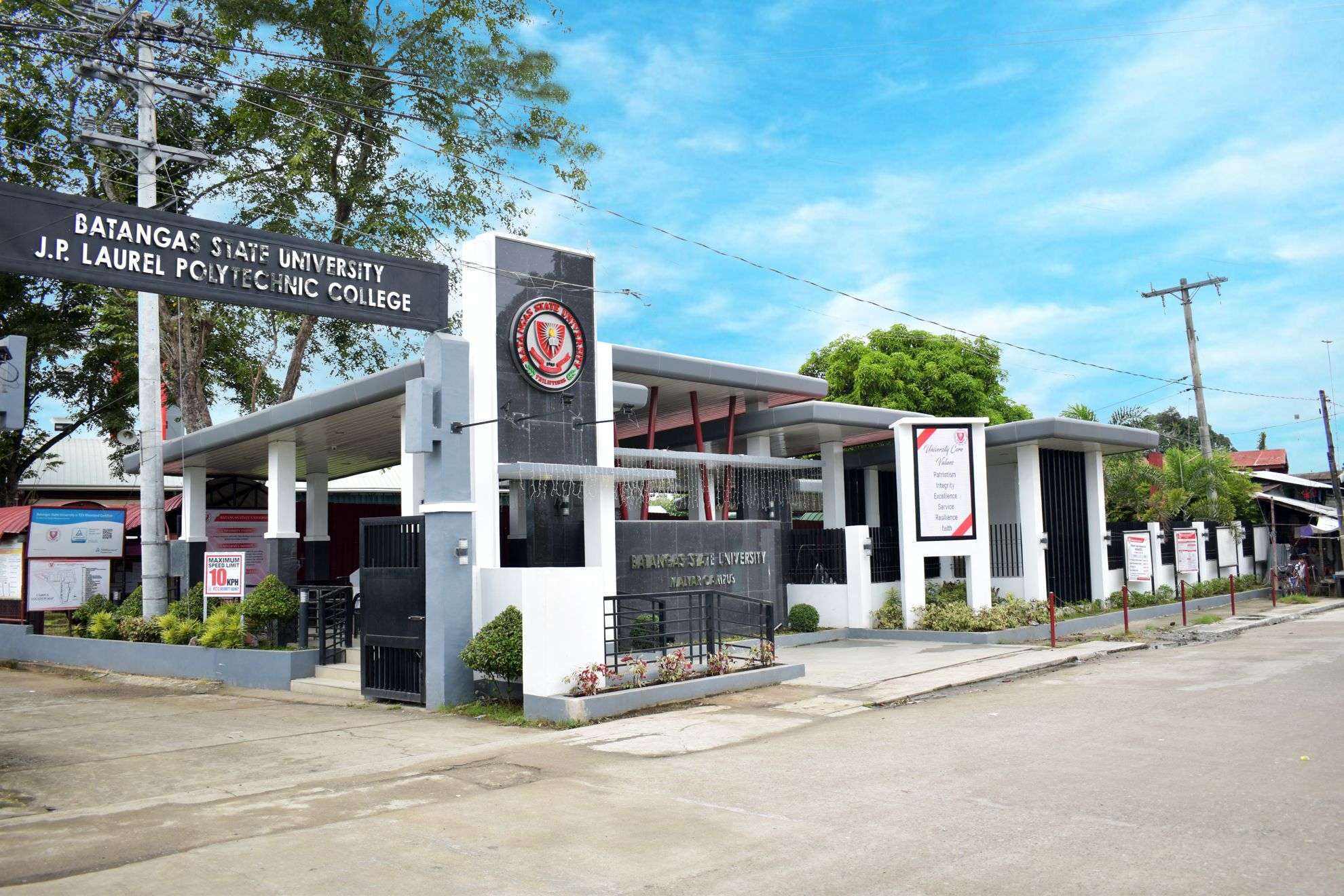

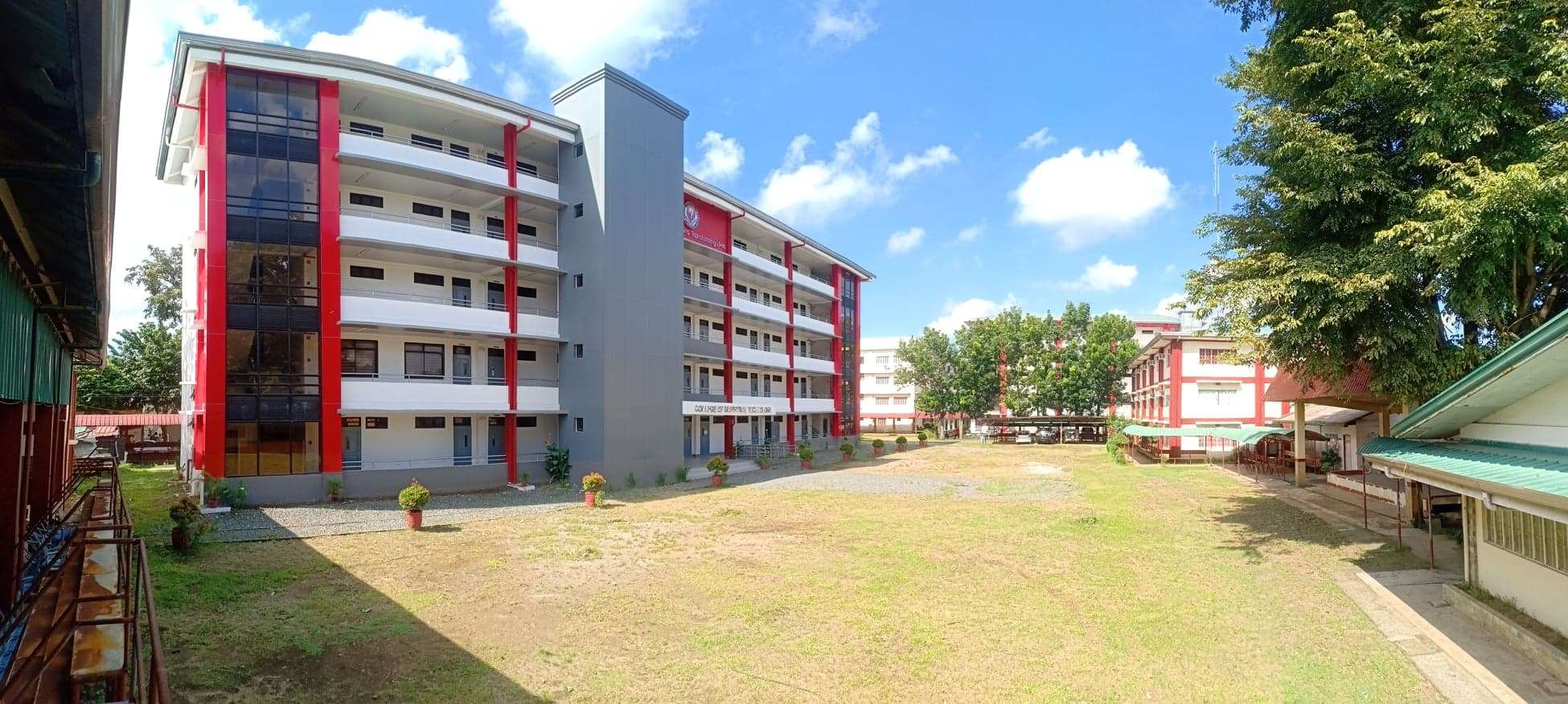

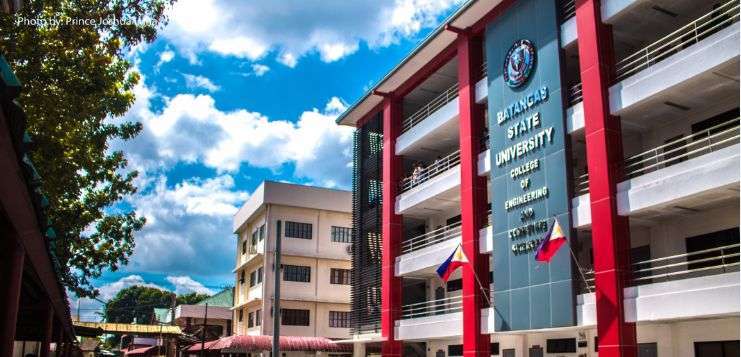



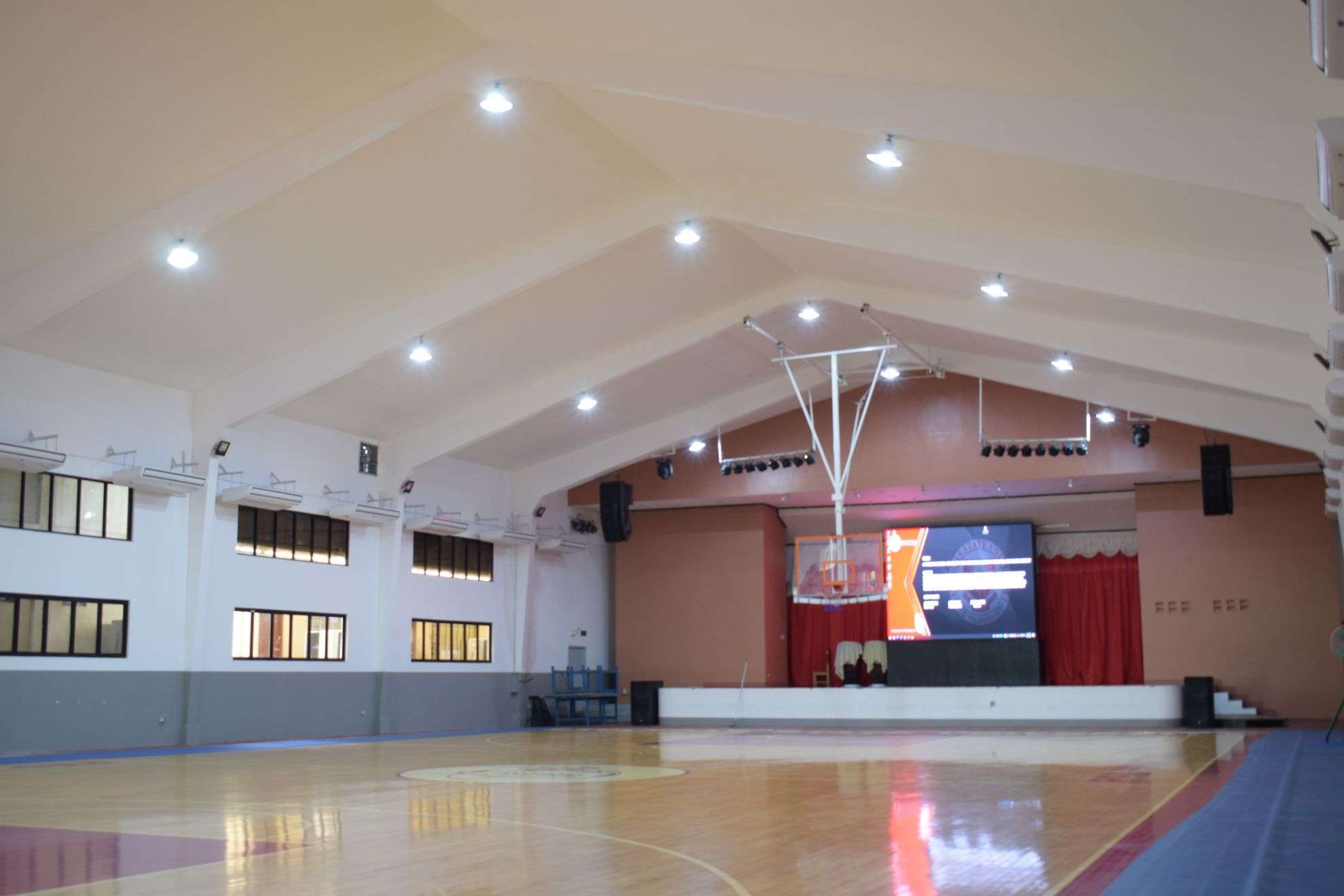













College Of Engineering Technology
The College of Engineering Technology (CET) is one of the premier departments at Batangas State University, The National Engineering University – JPLPC Malvar. Since 2001, the college has offered the Bachelor of Industrial Technology (BIT) program to equip students with essential technical and vocational skills.
CET implements the Dual Training System (DTS), which integrates both theoretical instruction and practical industry training. This unique model provides vocational, technical, and technician training programs through a structured learning experience in both academic institutions and partner industries. The Dual System, as outlined in Republic Act No. 7686 (Dual Training System Act of 1994), was enacted under President Fidel V. Ramos on February 25, 1994, reinforcing the country’s commitment to industry-aligned education.
Recognizing the need for elevated technical expertise and global competitiveness, the Bachelor of Industrial Technology program was transitioned to the Bachelor of Engineering Technology through Board Resolution No. 158, s. 2023, as approved by the Board of Regents. This enhanced program aims to produce well-rounded, highly skilled, and globally competitive professionals who can meet both local and international industry demands. Graduates are expected to successfully apply engineering technology principles for societal development while demonstrating a high level of professionalism in the workplace.
The College of Engineering Technology offer nine major programs:
The Automotive Engineering Technology program is designed to prepare students with the basic knowledge and skills necessary for modern state-of-the-art automotive workers. The increasing sophistication of Automotive Technology now requires workers who can use computerized shop equipment and work with electronic components while maintaining their skills with traditional hand tools. Automotive service technicians as vehicle components and systems become increasingly sophisticated. Motorcycle Mechanics repair and overhaul motorcycles. Besides repairing engines, they may work on clutch transmissions, brakes, drivelines, differential cycles, tires, power Steering systems, auto electricity and electronics, ignition systems, and minor body repairs.
Computer Engineering Technology develops and prepares graduates who will be an integral part of the pool of technology experts in computer technology. The program combines theoretical and practical concepts in electrical and electronics technology, computer technology, mathematics, computer science, management, and general education that leads to the Bachelor of Engineering Technology degree. The Degree intends to prepare graduates to find employment as computer technologists here and Bachelor of Computer Engineering Technology – Feasibility Study abroad. Students will gain knowledge and skills in digital electronics, computer programming, computer networking, and system analysis and design.
The Civil Engineering Technology is a dynamic educational opportunity offering skill-based learning through class instructions, extensive laboratory experience, and fieldwork. Concentrations are as follows: carpentry, architectural design technology, construction/project management, surveying and mapping, construction estimate, and soil and construction material testing. The program also introduces fundamental concepts related to standards, public health, and safety in constructions enforced by the government's regulatory agencies. The program also prepares graduates to find employment as civil technologists here and abroad.
The Drafting Engineering Technology program provides knowledge in the construction of different working drawings that help improve the skills in drawing. Knowledge of graphic communication is an essential factor of the course. This course includes basic and advanced technical drawings, floor planning, architectural and structural drawings, architectural modeling, and estimating. This course also contains computer-aided design concepts and applications
The Electrical Engineering Technology program will prepare graduates with the skills necessary to enter careers in the design, application, installation, manufacturing, operation, and/or maintenance of electrical systems. Graduates of this degree program typically have strengths in the building, testing, operation, and maintenance of existing electrical systems and are well-prepared to develop and implement electrical systems.
The Electronics Engineering Program prepares graduates for employment in a wide variety of industries and/or using electrical and electronic equipment. The program provides a thorough understanding of digital electronics, circuit analysis, electronic services, machine controls, programmable logic controllers, and industrial electronics. This course also includes theoretical analysis, software simulation, and hands-on application.
The program in Food Engineering Technology deals with the basics of food science and technology, including food chemistry, food microbiology, food nutrition, and analysis, food processing and preservation, food product development and testing, and food packaging and storage technology. This program also introduces fundamental concepts related to food quality management to meet the industry's food standards and the government's regulatory agencies. The program also entails to production of future food entrepreneurs since the demand of the business food industry is high in the production line.
Mechanical Engineering Technology provides the knowledge, skills, and attitudes in the various machining processes that can be applied to their on-the-job training and future careers. It encompasses measurements, metallurgy and heat treatment, welding drive components, repair and maintenance, pipe lifting, lubrication, and the principle of tool and die. Likewise, pneumatics and hydraulics, CNC, inspection, and quality control are also vital elements of the curriculum.
Mechatronics Engineering Technology is a field of technology that includes a combination of mechanical, electronics, automation, and computer technology. Mechatronics aims to be a design process that unifies these technology fields. Students in the mechatronics technology degree program will gain the technical know-how to install, repair, and maintain various types of electromechanical equipment and industrial machines and work with electromechanical and automated equipment to create industrial and commercial products. On-the-job training and project development study are generally required.
